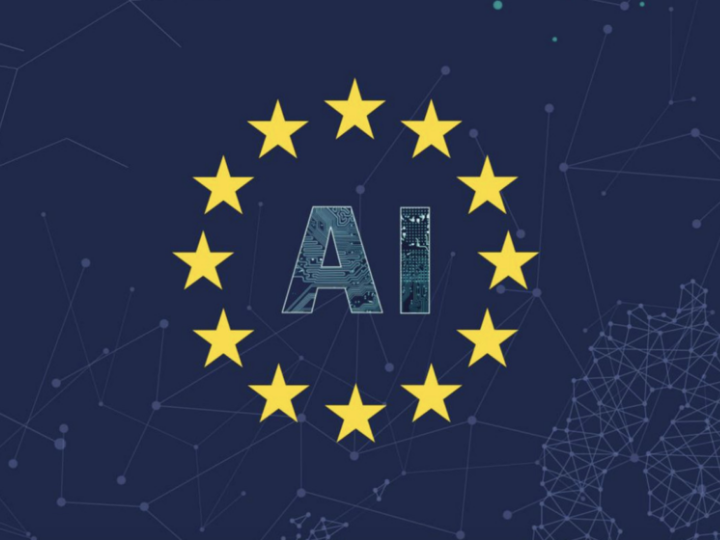by Samuel Stolton*
The EU’s attempts to regulate Artificial Intelligence could be met with future challenges resulting from an agreement on e-Commerce at the level of the World Trade Organisation (WTO), according to a new study published on Tuesday (26 January).
Talks have been ongoing since January 2019 between members of the WTO in a bid to agree on global rules to facilitate worldwide e-commerce transactions.
However, concerns have been highlighted that the text currently backed by the EU could result in a prohibition on signatories from adopting legislation that obliges firms to provide access to the source code of their software.
In this vein, a report published by the Federation of German Consumer Organisations (vzbv) says that a number of EU objectives in the field of digital policy currently on the table could be stifled by the WTO agreement.
“The EU’s possibility to adopt rules that, for example, mandate external audits of AI systems will be confined to the policy space that is allowed under trade law,” the study notes, adding that the European Council and the Commission are responsible for ensuring that trade deals it makes are compatible with internal policy initiatives.
Such initiatives include the EU’s regulatory ambitions in the Artificial Intelligence space, as part of the Commission’s 2020 White Paper on AI, which floated the notion of introducing conformity assessment of high-risk AI applications by certified testing centres.
The Commission is due to present a regulatory framework for high-risk Artificial Intelligence in March, and will also propose new rules on clarifying AI liability later this year.
Moreover, the legal report also finds that measures laid out in December’s Digital Services Act, a key document which proposes new rules for the large online platforms, including the possibility of allowing researchers to study the systemic risks of platforms accessing key data, could also be at risk as part of the WTO agreement on e-Commerce.
The paper states that EU moves such as these would help to increase accountability and ensure that EU consumer rights are complied with. However, “the source code clause in trade agreements, by contrast, would not only protect computer and machine learning algorithms but also the interfaces of an AI system that are indispensable for audits,” the study finds.
In a statement released alongside the study, Isabelle Buscke, head of vzbv’s Brussels office, noted how the Commission’s efforts in digital policy should not be compromised in the pursuit of global trade deals.
“Trade agreements must not hinder a consumer-friendly way to regulate algorithms. We are still at the dawn of a fundamental transformation of the economy and society through artificial intelligence,” she said.
“The European Union must ensure that trade agreements do not stand in the way of their very own policies and that they cannot undermine consumer protection measures – today and in the future.”
Industry presses for WTO agreement on data flows
On the other side of the debate, a coalition of industry members released a statement on Tuesday pressing negotiators at the table of the WTO to reach an agreement.
The multi-industry statement, co-led by the software alliance, BSA, and the International Chamber of Commerce (ICC), called for more of a liberal global environment for data transfers and warned against moves to localize data in certain jurisdictions.
“In today’s remote environment, our jobs, health, education, and well-being depend on digital connectivity and data flows like never before. We urge governments to negotiate WTO commitments that support the seamless and secure cross-border movement of information,” said Victoria Espinel, president and CEO of BSA.
*first published in: www.euractiv.com




 By: N. Peter Kramer
By: N. Peter Kramer

